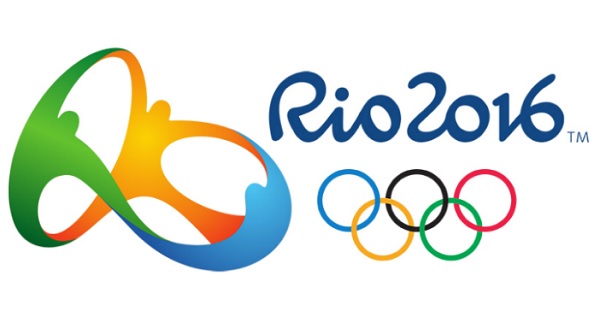
Green water is the least of the problems Rio Olympic officials have had with their pools, at least according to a group of scientists.
Three scientists who published a study in 2013 showing that a current influenced the results of 50m races at the 2013 world championships are claiming the same problem existed in the Olympic pool in Rio. The Wall Street Journal reports that Joe Stager, director of Indiana University’s Counsilman Center for the Science of Swimming, is in charge of a group of researchers who have determined a current allowed Olympians swimming in higher-numbered lanes to swim faster during 50m races.
Here’s some of the evidence the scientists have cited:
As evidence, they note that of the eight men and eight women who swam fast enough during the 50-meter semifinals to qualify for the final, all but one swam in lanes 4 through 8. Moreover, athletes who swam in lanes 5 through 8 during preliminaries or semifinals and moved to lanes 1 through 4 for later heats got slower. They posted times about a half percent slower in the subsequent round—even though pace tends to quicken as events progress.
Of the three male and three female medalists in the 50 freestyle finals, five swam in lanes 4 through 8. The exception was American Anthony Ervin, who won the 50-free gold medal swimming in lane 3. Pernille Blume of Denmark won the women’s 50 free in lane 4.
Trevor Tiffany, chairman of the board for Myrtha Pools USA, says officials administered all the appropriate tests before and during competition at the Rio Olympics and found nothing that was of concern.
“We were required to do tests to show that there was no movement of water, and the tests were conclusive that there was no movement of water,” Tiffany said. “If we saw there was a current, we’d have done something about it. There was no indication whatsoever.”
Stager isn’t buying it.
“It’s a big deal,” he said. “This is horrific.”
The researches claim longer races showed some lane bias as well. In the 800m and 1,500m swims, athletes in lanes 1 through 3 swan up to .6 seconds slower while heading toward the starting blocks than they did swimming away from them.
Even if there was no current, this is yet another stain on a growing list of them from Rio. We’ve already seen an ugly situation unfold with boxing, and now scientists are questioning the fairness of one of the most popular Olympic sports. Not good.













